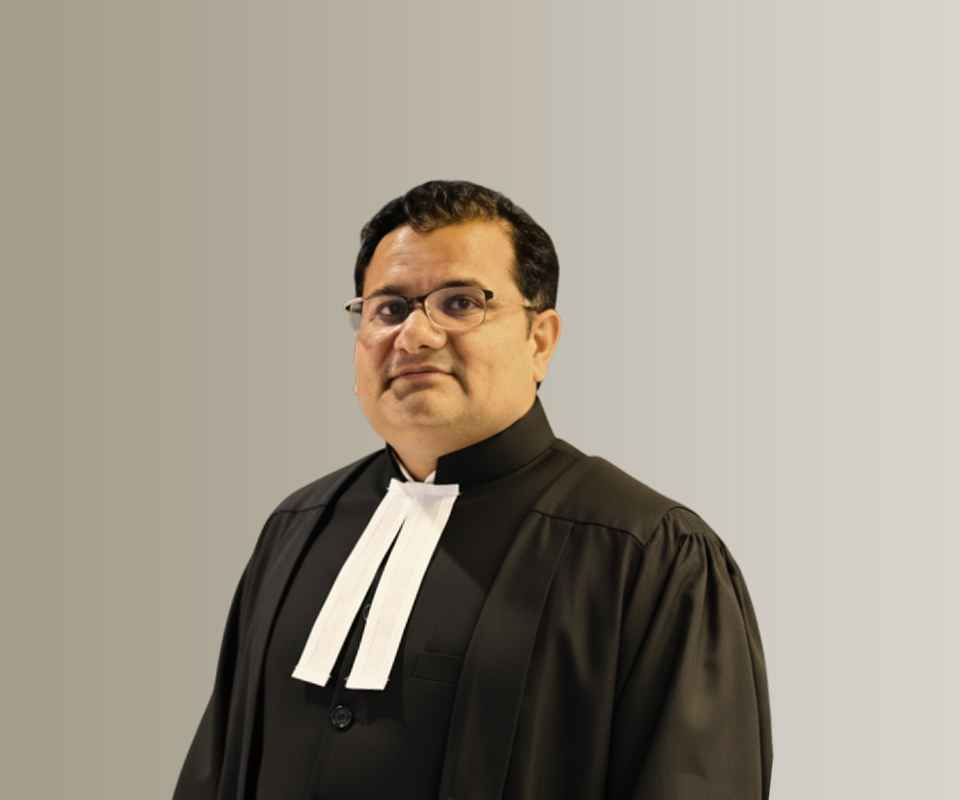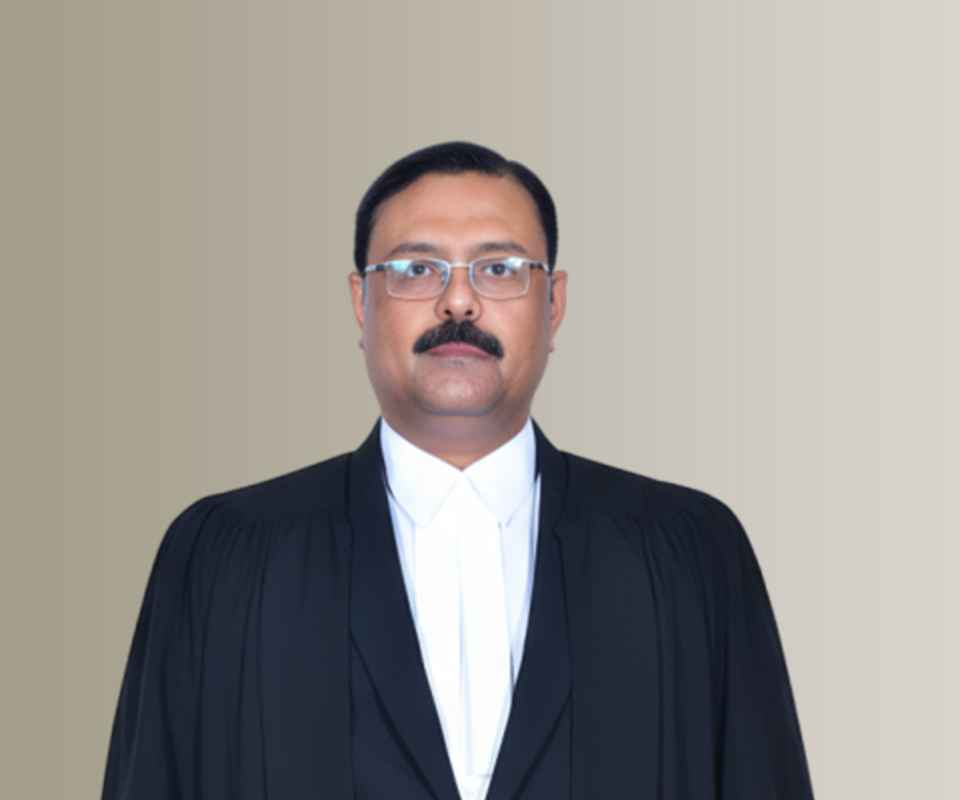Answer By law4u team
Bharatiya Nagarik Suraksha Sanhita, 2023 - Section 363: Trial of persons previously convicted of offences against coinage, stamp-law or property
(1) Where a person, having been convicted of an offence punishable under Chapter XII or Chapter XVII of the Bharatiya Nyaya Sanhita, 2023, with imprisonment for a term of three years or upwards, is again accused of any offence punishable under either of those Chapters with imprisonment for a term of three years or upwards, and the Magistrate before whom the case is pending is satisfied that there is ground for presuming that such person has committed the offence, he shall be sent for trial to the Chief Judicial Magistrate or committed to the Court of Session, unless the Magistrate is competent to try the case and is of opinion that he can himself pass an adequate sentence if the accused is convicted.
(2) When any person is sent for trial to the Chief Judicial Magistrate or committed to the Court of Session under sub-section (1), any other person accused jointly with him in the same inquiry or trial shall be similarly sent or committed, unless the Magistrate discharges such other person under section 262 or section 268, as the case may be.
Brefe Detail
This section addresses the trial of individuals previously convicted of serious offences related to coinage, stamp-law, or property. If a person convicted of such offences faces new charges with similar penalties, the case may be escalated to a higher court if the presiding Magistrate finds sufficient grounds for presuming the individual’s guilt.
Question & Answers
Q: What happens if a person previously convicted of a serious offence faces new charges?
A: They may be sent for trial to the Chief Judicial Magistrate or committed to the Court of Session, unless the Magistrate is competent to try the case and can impose an adequate sentence.
Q: What must the Magistrate be satisfied of to escalate the case?
A: The Magistrate must find grounds for presuming that the accused has committed the offence.
Q: Are co-accused treated similarly in this process?
A: Yes, any other person accused jointly in the same inquiry or trial will be sent or committed similarly, unless discharged by the Magistrate.
Example
- Scenario: A person previously convicted of a serious property crime is charged again with a similar crime.
- Outcome: The case is escalated to the Chief Judicial Magistrate, and any co-accused in the same trial are treated accordingly.
Summary
Section 363 of the Bharatiya Nagarik Suraksha Sanhita outlines the procedure for trial when a person previously convicted of certain serious offences is again accused. It ensures that such cases are handled by higher courts if the presiding Magistrate finds sufficient grounds for presuming guilt, thus maintaining the seriousness of repeated offences against coinage, stamp-law, or property.







